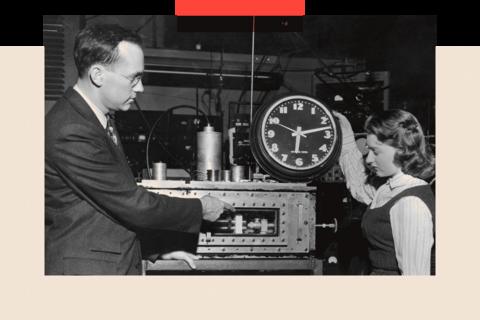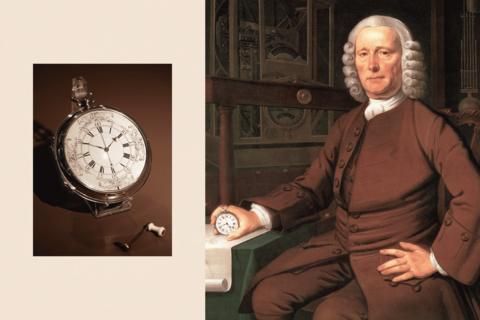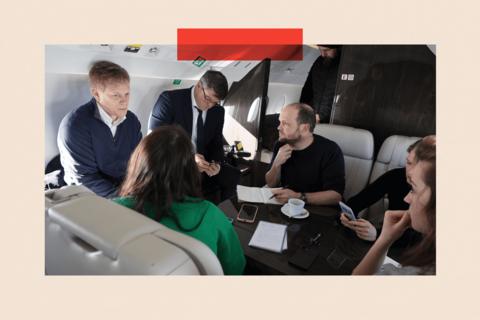As a Ryanair flight from London approached Vilnius, Lithuania, on 17 January, its descent was suddenly aborted. Just minutes from touching down, the aircraft's essential Global Positioning System (GPS) suffered an unexplained interference, triggering an emergency diversion.
The Boeing 737 MAX 8-200 had already descended to around 850ft (259m) when the disruption occurred. Instead of landing, the plane was forced to climb back into the sky and divert nearly 400km (250 miles) south to Warsaw, Poland. Lithuanian air authorities later confirmed the aircraft had been affected by "GPS signal interference".
This was not an isolated incident. Over the last three months of 2024, more than 800 cases of GPS interference were recorded in Lithuanian airspace. Estonia and Finland have also raised concerns, accusing Russia of deploying technology to jam satellite navigation signals near Nato's eastern flank – though the country has denied that. Last March the then Defence Secretary, Grant Shapps, was on a plane that had its GPS signal jammed while flying close to Russian territory.
The threat of GPS jamming extends beyond aviation. Without GPS, our lives would grind to a halt: in 2017, a government report stated that systematic GPS jamming could bring the UK's financial, electricity and communications systems to a standstill.



